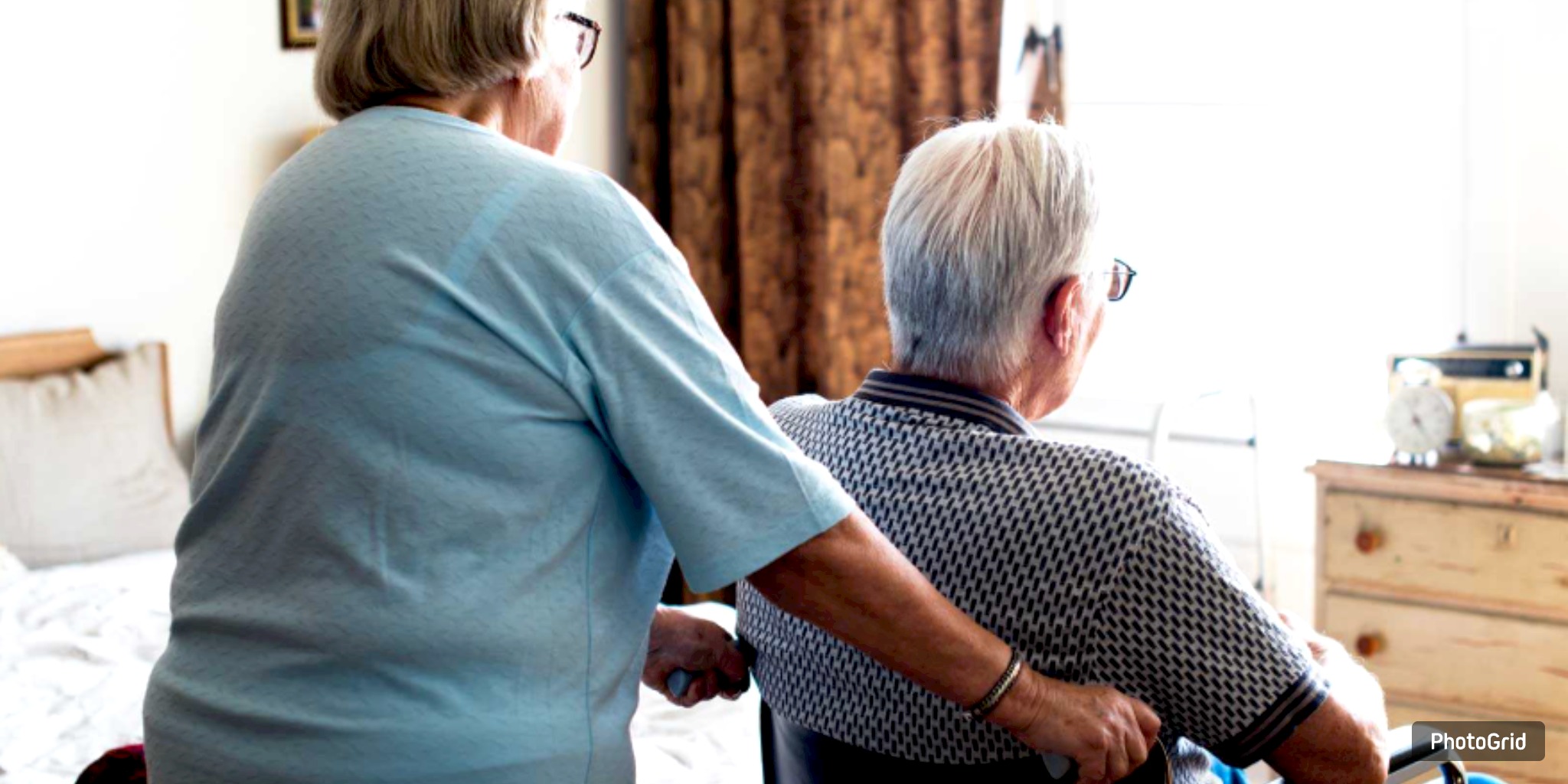


Two women who provided care for aging, ill veterans from the Vietnam era are taking legal action against the Department of Veterans Affairs. They claim that the agency unjustly rejects caregiver benefit appeals after a veteran passes away. A potential class-action lawsuit may impact hundreds of families claiming they have been denied compensation for years of unpaid care.
Sharon Presley, who provided care for her father, and Shyrl Bolton-Pellerin, who looked after her husband, both sought entry into the VA’s Program of Comprehensive Assistance for Family Caregivers. The initiative provides training, counseling, health care, and a monthly stipend of up to $2,800 for individuals who support severely ill or injured veterans with daily activities like bathing, dressing, and eating.
Both women encountered denial, pursued appeals for their cases, and ultimately witnessed the dismissal of those appeals following the veterans' passing.
“In the event of a veteran's passing, it is essential for the VA to extend additional support to the caregiver experiencing that loss.” "Instead, it is unjustly rejecting appeals from caregivers and withholding the benefits they rightfully deserve," stated Renee Burbank, director of litigation for the National Veterans Legal Services Program (NVLSP), which is advocating for the plaintiffs.
A federal court lawsuit filed on Monday contends that caregivers ought to retain the right to appeal to the U.S. Court of Appeals for Veterans Claims, which could lead to retroactive payments for the duration of care they provided. Legal experts argue that the current approach of the VA places a heavy financial burden on survivors, failing to acknowledge the value of their caregiving efforts.
Presley stated that she sought caregiver benefits following her father's need for constant support due to his battle with liver cancer as an Army veteran. She provided a letter from his physician indicating that he required “almost complete and total care” during his last years. The VA denied the request, and following his death during the pending appeal, the Board of Veterans’ Appeals automatically closed the case.
The VA later recognized her husband's eligibility for the program in the Bolton-Pellerin case. However, the VA ultimately rejected her claim due to his passing before she could complete the application.
Lawyers argue that a misguided understanding of the legislation could potentially impact a significant number of caregivers on a monthly basis. “There’s some uncertainty regarding whether this is an official policy or merely a common practice among board members,” Burbank stated. “We believe it is essential for the court to intervene and address the situation.”
The VA has chosen not to provide a statement, referencing the current legal proceedings.
According to the VA, the family caregiver program is currently assisting approximately 15,000 veterans across the country. Monthly stipends vary between $1,800 and $2,800, based on the necessary level of care.
A federal judge is set to determine if the claims made by Presley and Bolton-Pellerin can advance as a class action. If successful, the lawsuit could compel the VA to reconsider and reopen appeals for families nationwide who claim they were denied benefits following the deaths of their loved ones.
















From breaking news to thought-provoking opinion pieces, our newsletter keeps you informed and engaged with what matters most. Subscribe today and join our community of readers staying ahead of the curve.